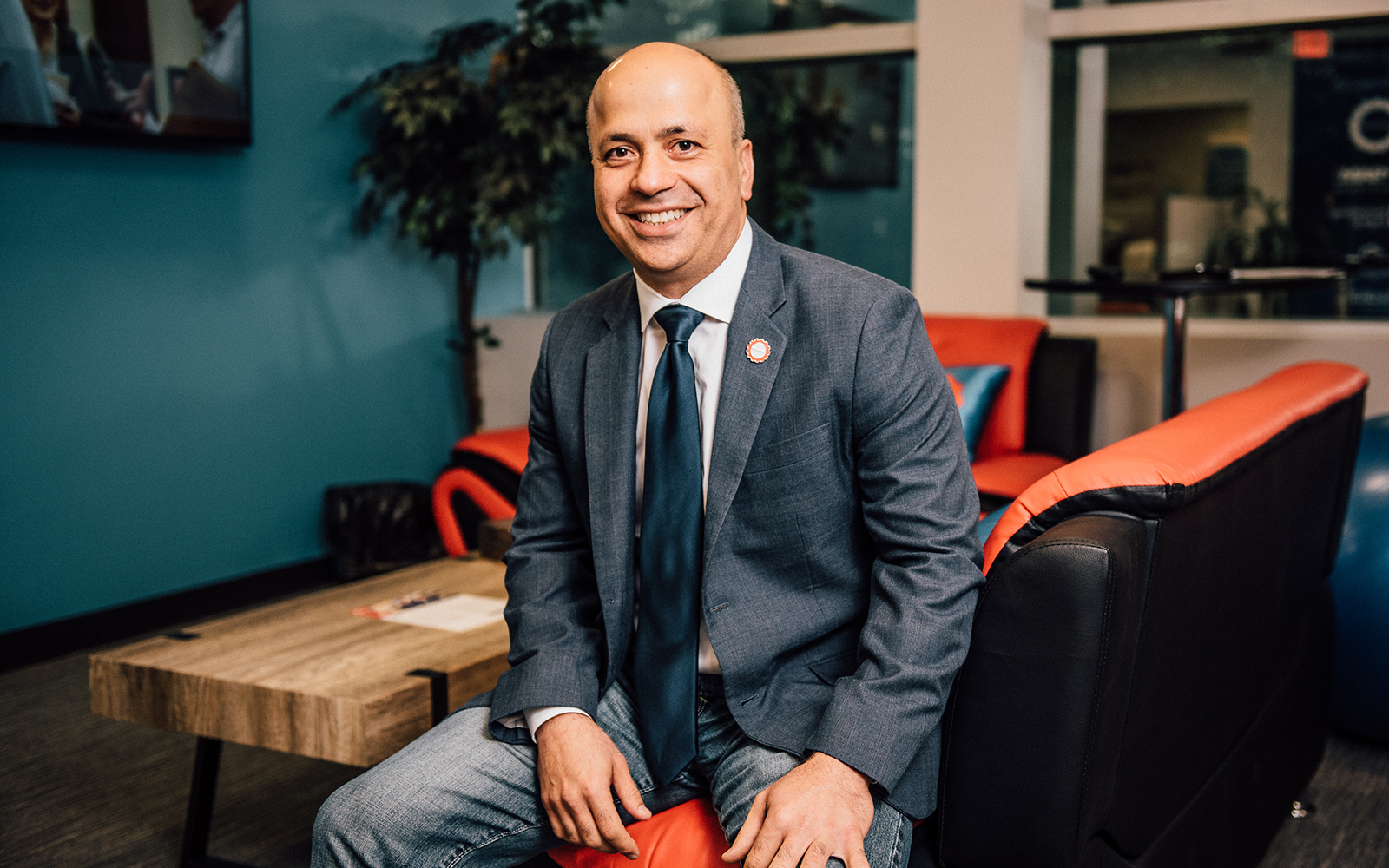The Ridgefield Press– The Ridgefield Rotary Club’s Fly The Colors program has grown to include donations from more than 500 residents.
The most recent campaign saw the Rotary make a donation of $18,000 to the UConn Foundation to support the experiential training in entrepreneurship for post-9/11 veterans with disabilities.

